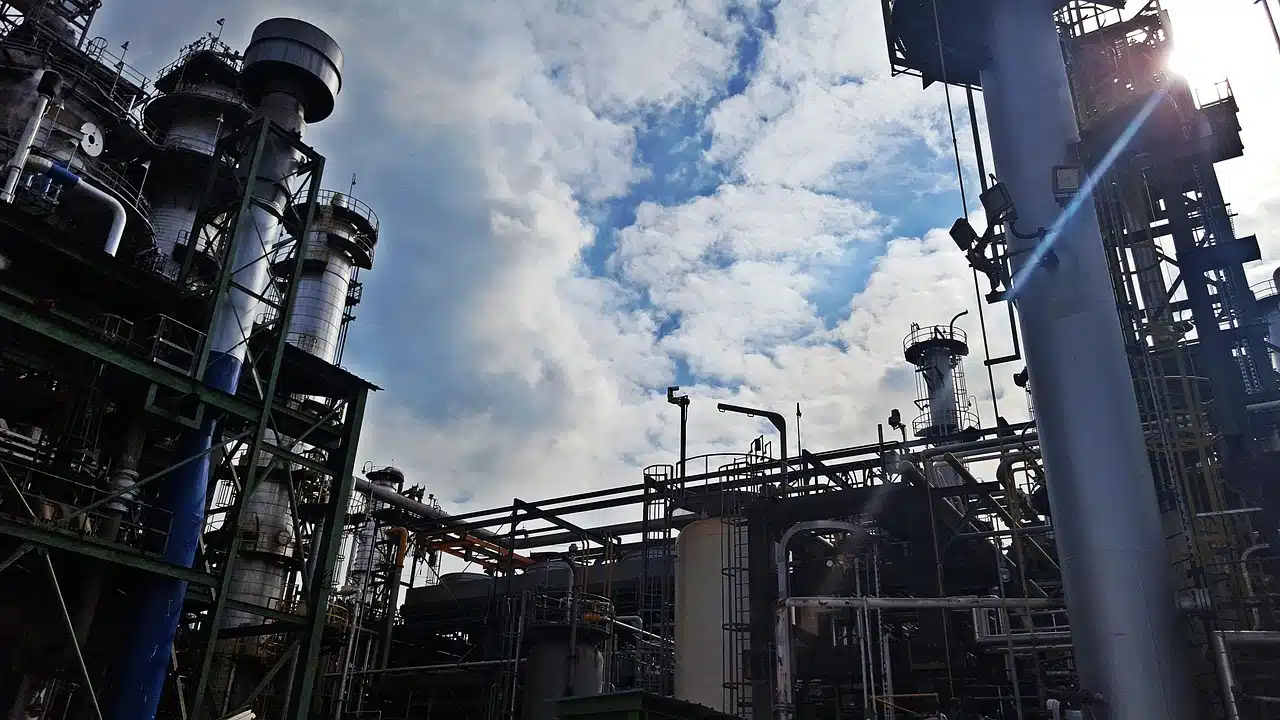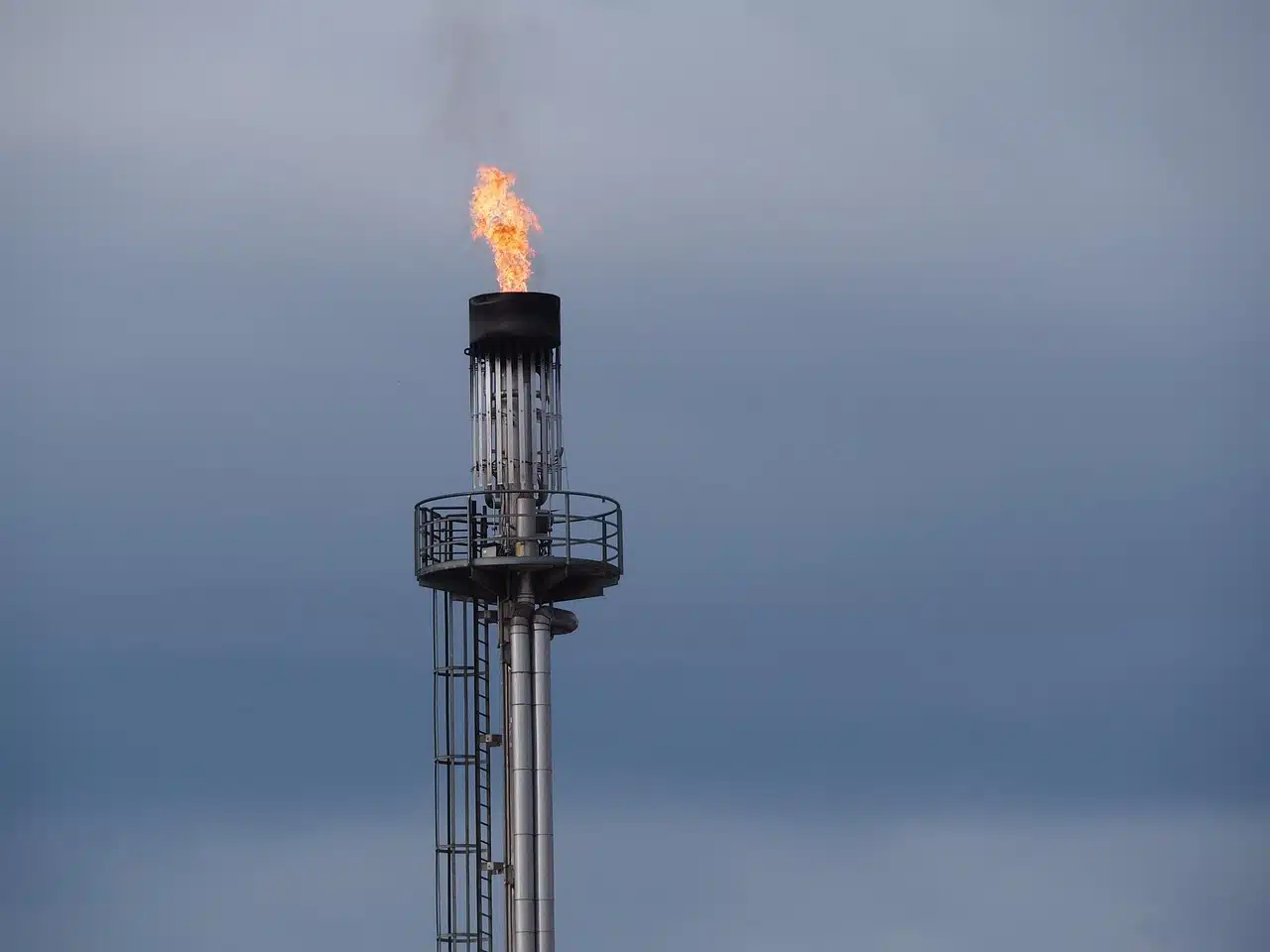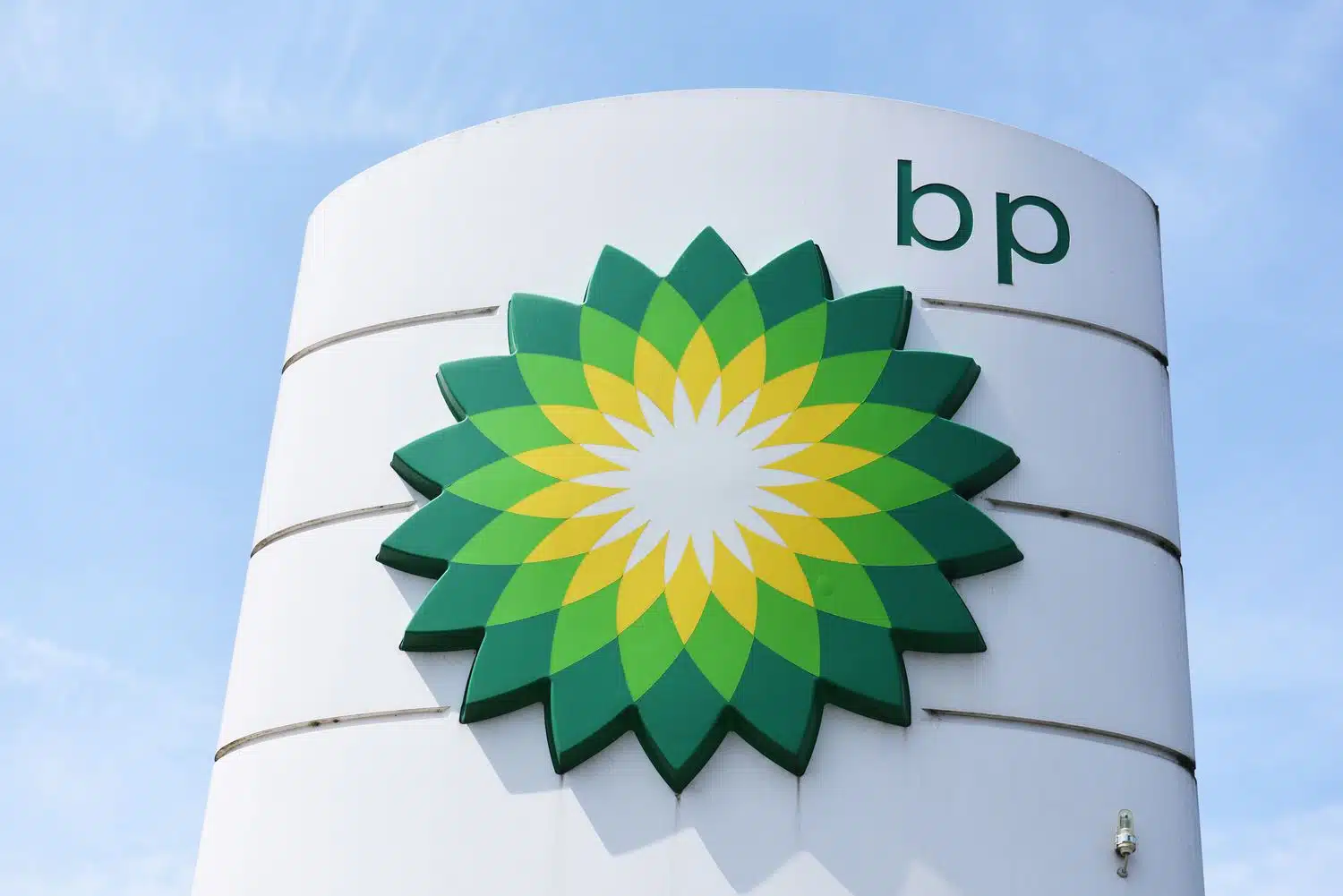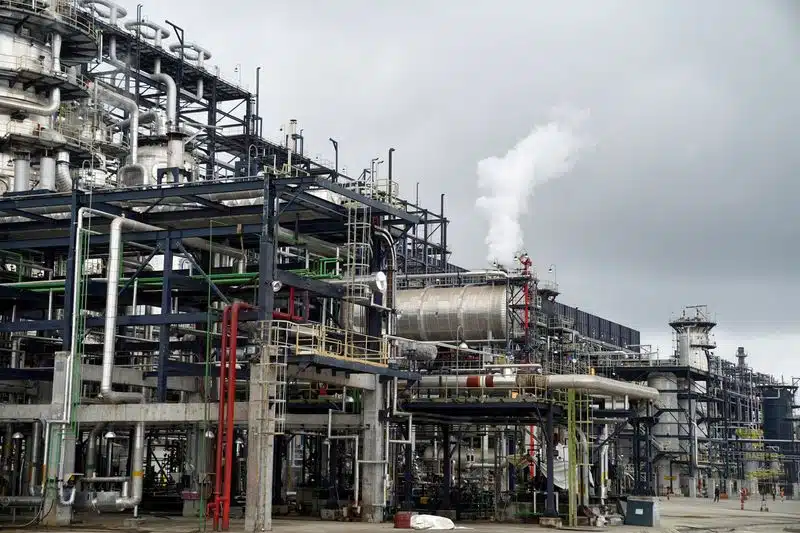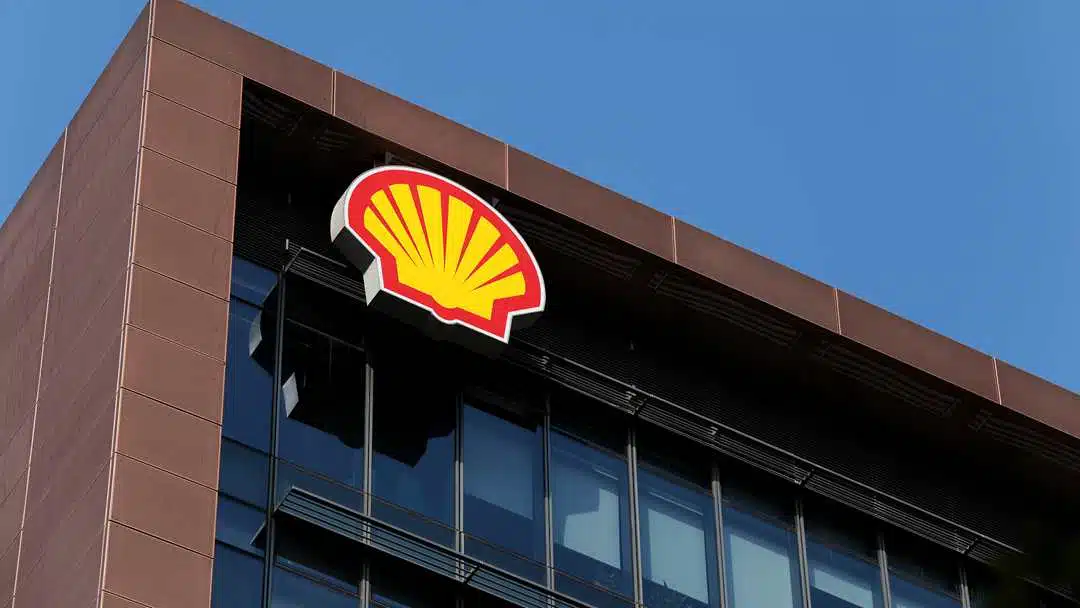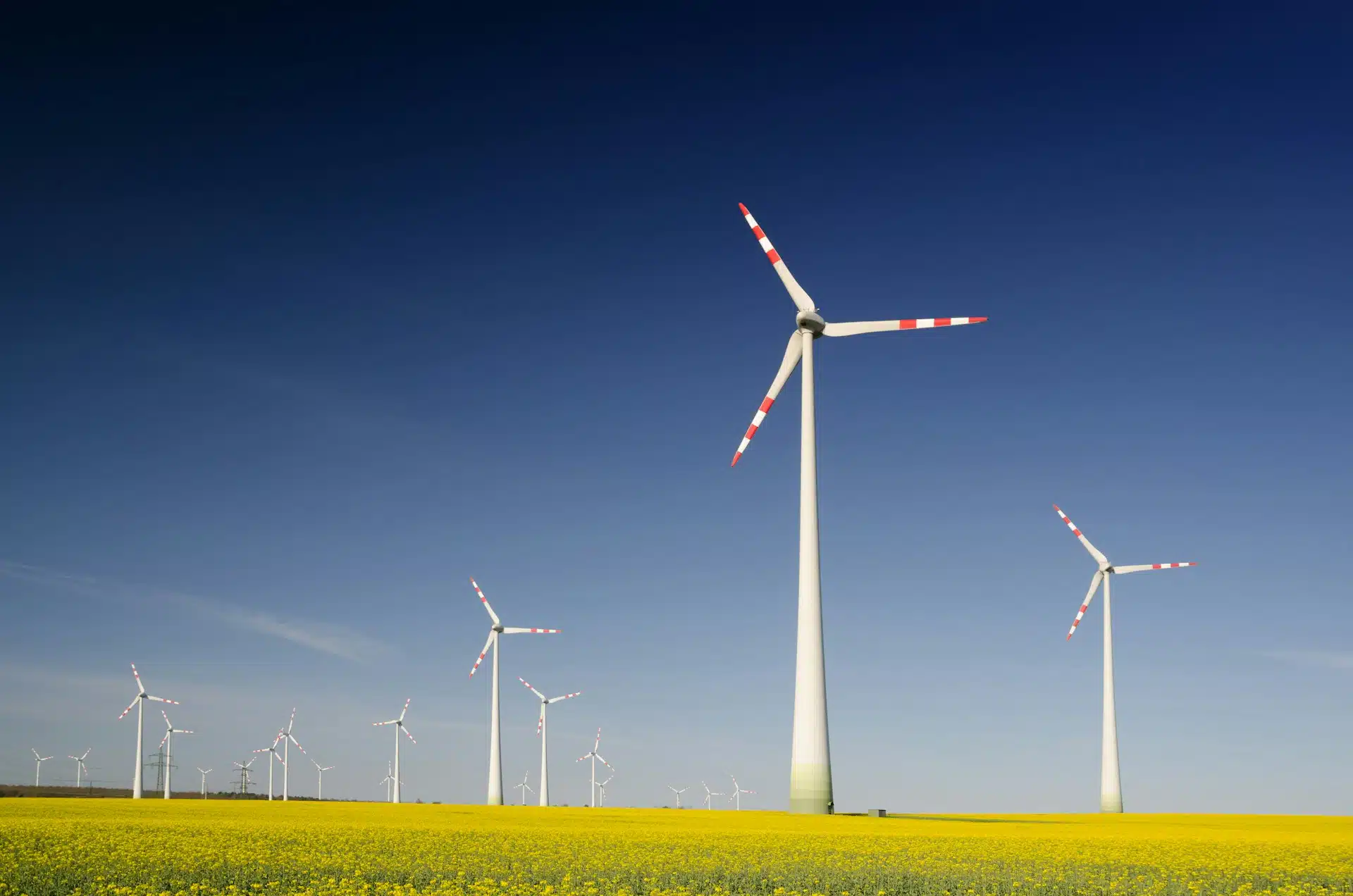Angola is actively considering seeking a loan from the International Monetary Fund (IMF) as falling global oil prices intensify pressure on its public finances, according to Finance Minister Vera Daves de Sousa.
“We are rolling out stress test scenarios,” de Sousa said during the IMF and World Bank spring meetings in Washington, D.C., noting that the government is closely evaluating the economic impact of declining oil revenues.
While minor fluctuations in oil prices may prompt spending freezes, a deeper plunge could trigger the need for a supplementary budget.
Angola’s 2025 national budget is based on an oil price benchmark of $70 per barrel.
However, Brent crude prices recently dipped below $60 per barrel—reaching a four-year low after the U.S. imposed new tariffs—raising fiscal concerns.
The Angolan government now projects a budget deficit of 1.65% of GDP in 2025, largely due to weaker oil earnings.
Finance Minister de Sousa warned that if prices drop to $45 per barrel, a revised budget will be inevitable.
To mitigate risks, Angola is intensifying revenue collection efforts and overhauling its tax administration.
The government also recently settled a $200 million margin call tied to a $1 billion bond-backed loan and is in talks to avoid similar future shocks.
Meanwhile, Angola must repay $8 billion in Chinese oil-backed loans by 2028.
Despite these financial obligations, the country continues to secure concessional funding from China for key infrastructure projects.
It also exploring opportunities to re-enter international capital markets when conditions improve.
Although no formal request has been made to the IMF, Angola’s finance ministry has sought technical guidance on managing potential economic shocks.
In November 2024, an IMF spokesperson confirmed ongoing engagement with Angolan authorities on fiscal policy and economic reforms.
The IMF has also urged Angola to phase out costly fuel subsidies, which totaled nearly $3 billion in 2024.
In response, the government hiked diesel prices by 50%—the second increase in one year—as part of broader subsidy reform.
Despite being Africa’s second-largest crude oil exporter, Angola still imports over 70% of its refined petroleum.
However, state-owned oil company Sonangol is negotiating with Chinese and European banks to raise funds for the $4.8 billion Lobito refinery project in Benguela Province.
Once completed, the 200,000 barrels-per-day facility could significantly reduce Angola’s dependence on imported fuels.



